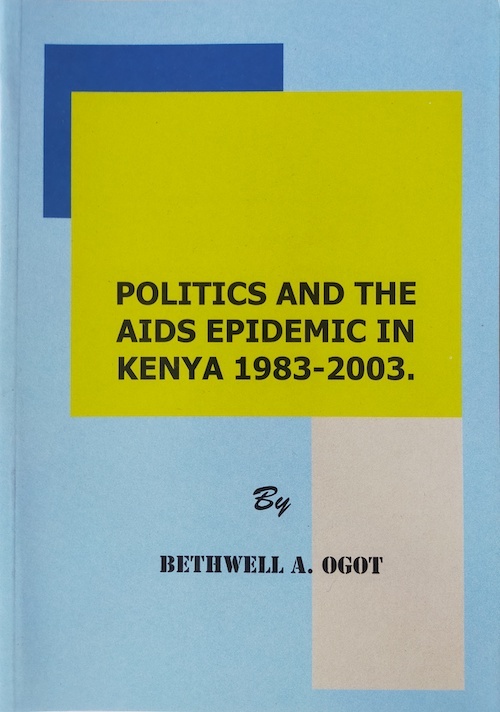Description
In the 1980s and 1990s, AIDS was conceived in the minds of many Kenyans as genocide. First, it was argued that AIDS was a conscious planned genocide aimed at eliminating undesirable populations such as gays, lesbians, and blacks. Secondly, it was argued that the devastation wrought by AIDS, especially in Kenya, should be understood as genocidal in effect attributable to primarily inaction on the part of government officials who failed to respond with dispatch to a public health emergency.Thirdly, measures designed ostensibly to combat AIDS have genocidal consequences. Fourthly, there was the indifference of rich countries of the world towards the pandemic outside their borders, coupled with the conspiracy of the international drug companies that kept the prices high and out of reach of those who needed them most.
The different varieties of claims about genocide put forward by different constituencies during the period 1983-2003 correspond to the origin and history of HIV/AIDS in Kenya which Prof Ogot has critically analyzed in this highly provocative book.
About the Author
 PROFESSOR BETHWELL A. OGOT is Emeritus Professor of History at Maseno University where he also founded the Institute of Research and Postgraduate Studies and held the UNESCO Chair for Higher Education in Africa … Read More
PROFESSOR BETHWELL A. OGOT is Emeritus Professor of History at Maseno University where he also founded the Institute of Research and Postgraduate Studies and held the UNESCO Chair for Higher Education in Africa … Read More


